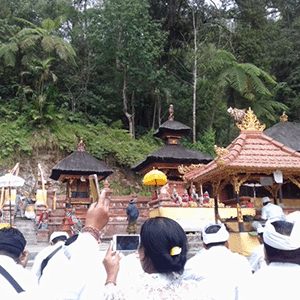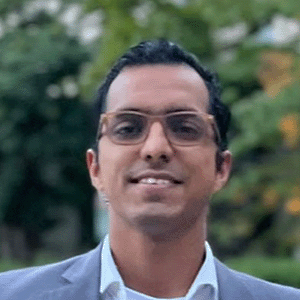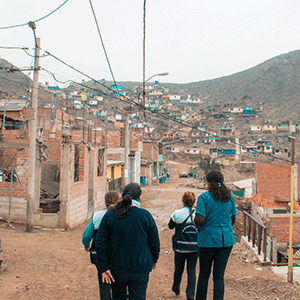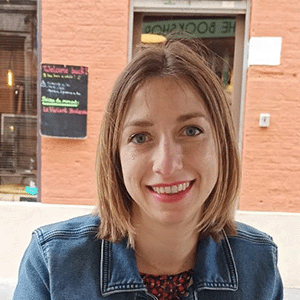Militarizing the Psyche: Kinship, Mental illness and the State in Pakistan
My dissertation project uses participant observation and interviews with combatants, their families, psychiatrists and local healers to understand the general category of pagalpan (madness), with acute symptoms referred to as dauras (seizures). I argue that two social features shape the way pagalpan is interpreted, experienced and treated: the presence of spiritual entities, and the intense relational experience of violence, intimacy and care in extended kin groups. Whereas is some cases pagalpan is not identified or suppressed, in other cases it is attributed to supernatural forces. My project explores the experience of soldiers. In particular, it explains how soldiers in combat with Indian troops in Siachen experience non-specific symptoms which are treated as “dodgy” by military physicians, sometimes with lethal consequences, where officers in command also use pagalpan to dismiss challenges to authority. Then it explores the ambivalent attitudes toward mental illness in Pakistan in general, with families treating psychosis as signs of divine inspiration, political awareness as well as abnormality (ajeeb), instead of representing someone as wholly pagal (mad).
My project also addresses how prison behaviors are extended by soldiers into their domestic space to manage illness among kin. This in turn increases the frequency of illness including accusations about pagalpan and conversely its concealment among family members. Finally my project explores how in the context of the ongoing war on terror, excessive policing of neighborhoods and households also results in arbitrary incarceration with family hearsay routinely leading to patients to be taken to psychiatric hospitals, where patient-prisoners are put under pressure to demonstrate improvements, despite acute forms of mental illness, resulting in a turn to healers, where their illness is not dismissed as pagalpan, but considered through the moral lens of piety and jinn affliction.





